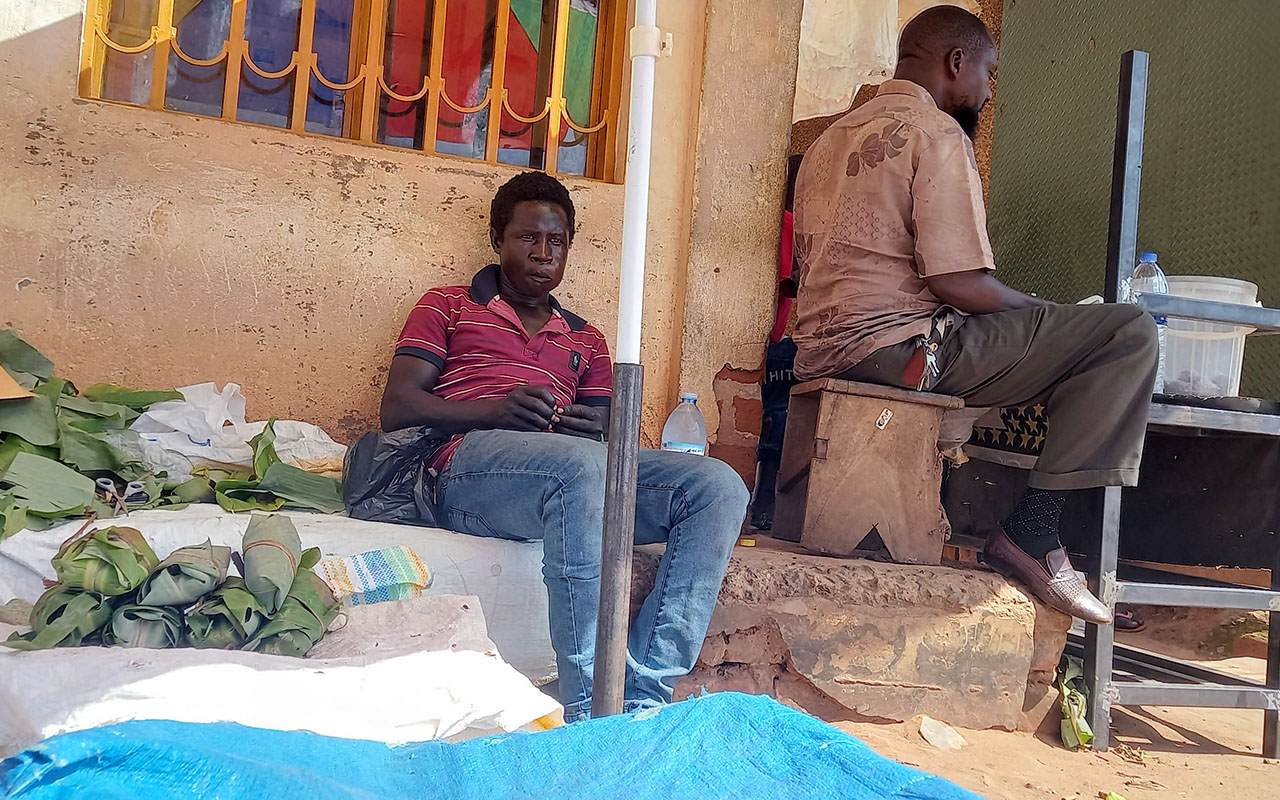What you need to know
Accordingly, the reports state that herbal cannabis topped the number of crimes with 862 cases followed by heroin in the country, a worrying trend.
The World Drugs Day, 2023 was commemorated on June 26 with the theme: “People first: stop stigma and discrimination, strengthen prevention.”
And in response to media reports of the Constitutional Court’s decision in May, 2023 to annul the Drug Law declaring it unconstitutional, this in a way opened up the use, accessibility and abuse of any dangerous drugs and illicit substances among young people and some drivers within the transport sector.
Over the past eight years when the law was still in existence, Uganda had made some gains in the control, usage and accessibility of drugs and other illicit substances among would-be users.
According to the 2022 Uganda Police Crime Report, cases of drug abuse was a major drive for crime in the country “cases of assault are mainly associated with drugs and substance abuse, alcoholism, violence in homes, land wrangles and gambling among other reasons” , this tabulates to a total of 2,797 cases of Narcotics/Drugs which were reported to the police countrywide compared to 1,668 cases reported in 2021.

This gives a 67.7 percent increase in this crime category in the year 2022 of which out of a total reported, 1,816 cases were taken to court, 60 were not proceeded with while 921 cases are still under inquiry among young people thus aiding crime in some urban areas and cities countrywide.
Accordingly, the reports state that herbal cannabis topped the number of crimes with 862 cases followed by heroin in the country, a worrying trend.
Kampala city had the highest number of cases due to its metropolitan setup and being a hub for thousands of young people who migrate to the capital from rural areas in search of better opportunities such as jobs and other social amenities.
During the WHO facilitated training in May, 2023 on alcohol impairment and road safety policy training for African Bloomberg Initiative for Global Road Safety countries, delegates from Uganda emphasized that “Political will is key to reconciling different laws on alcohol control and road safety. Overriding interests such as public health and safety should be put first.”
This in addition to the WHO World Drug Report 2022 that outlines key factors that countries must adopt to address the adverse effects of drugs and substance abuse at national level.
World drug challenges further complicate the picture. Cocaine production is at a record high, and seizures of amphetamine and methamphetamine have skyrocketed. Markets for these drugs are expanding to new and more vulnerable regions.
Harmful patterns of drug use likely increased during the pandemic. More young people are using drugs compared with previous generations. People in need of treatment cannot get it, women most of all.
Women account for over 40 percent of people using pharmaceutical drugs for non-medical purposes, and nearly one in two people using amphetamine-type stimulants (ATS), but only one in five in treatment for ATS is a woman.
The Report states that “Some 40 per cent of countries reported cannabis as the drug related to the greatest number of drug use disorders.

H.E. Ghada Waly, Executive Director, United Nations Office on Drugs and Crime calls upon countries to take on whole-of-society approaches to ensure that people, young people most of all, have the information and develop the resilience to make good choices and that they can access science-based treatment and services for drug use disorders, HIV and related diseases when they need it.”
The 2023 World Drugs Report highlights key aspects countries can use in tackling the drug abuse challenge in light of post-Covid-19 pandemic such as drug use patterns and service provision, the health consequences of drug use, including the number of people on treatment for drug use disorders and the extent of drug injecting and of HIV and hepatitis C among people who inject drugs.
The report analyses the relationship between illicit drug economies and situations of conflict and weak rule of law of which now Uganda has no enabling law after the annulment of the Narcotics Law.

